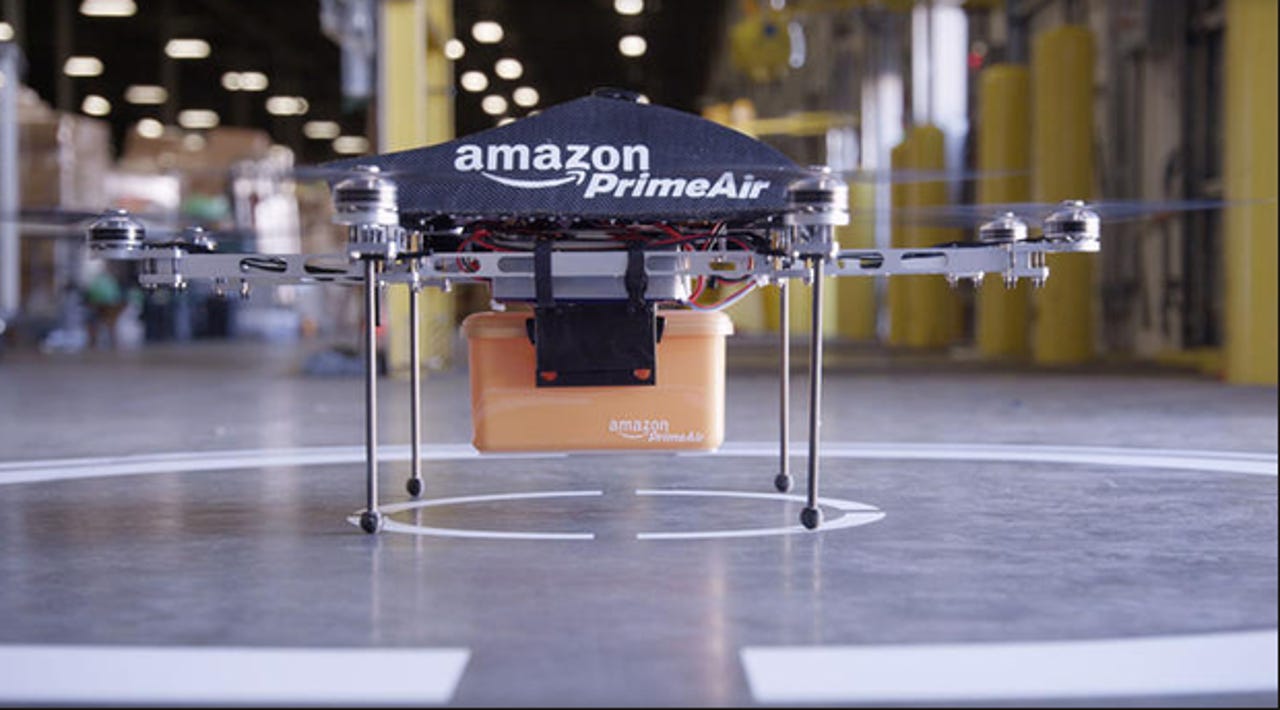FAA to impose restrictions on commercial drone use


The Federal Aviation Administration (FAA) is expected to demand drone operators hold licenses and agree to flight limitation if the vehicles are used commercially.
The US agency will require operators to apply for a license to use drones commercially, sources close to the matter told the Wall Street Journal. In addition, while the FAA wants to allow drone use in the commercial sector, rules around the use of unmanned aerial vehicles (UAVs) -- at least in the beginning -- are going to be strict.
To begin with, operators of UAVs will need to apply for and be granted a license. Certifications likely to be proposed by the FAA would include clocking up dozens of hours flying drones safely.
In addition, flights are expected to be limited to daylight hours and will not be permitted to go above 400 feet, as they must remain in sight of the person controlling the UAV.
Commercial drones weighing under 55 pounds will be placed under one set of rules, according to the publication, despite different model classes and functions. For example, Boeing's ScanEagle is a 40-pound aircraft with a 10-foot wingspan that can stay aloft for 24 hours, while SZ DJI Technology's 2.8-pound Phantom is a tiny, four-rotor helicopter. While the former is used for research in the Arctic, the latter is a recreational model.
As the cost of producing drones wanes, businesses have awaited the US regulator's stance on the commercial use of UAVs for the last six years.
When Amazon revealed its Prime Air drone delivery service, there was caution around the concept of using UAVs to deliver your Amazon Prime goods. However, the online retailer is going full throttle in drone deployment, and has recently requested permission from the FAA to send prototypes into the sky for extensive testing.
Other companies have also begun exploring the technology. Google's Project Wing, stemming from the company's secretive Google X Lab, is likely to be there right on time when Prime Air takes off, and will deliver goods ordered through the tech giant's Shopping Express service.
Currently, drones can be used recreationally but business use is basically banned. While rules will no doubt be tweaked as the technology is utilized more in industry, sources familiar with the matter said the FAA's ruling will not tackle privacy concerns in this round -- leading consumers to wonder how, and what could be recorded or where drones will be permitted to fly.
In a statement, the US regulator said the FAA was working to "integrate unmanned aircraft into the busiest, most complex airspace system in the world -- and to do so while we maintain our mission -- protecting the safety of the American people in the air and on the ground."
The FAA's regulation proposals are expected to go public by the end of 2014, beginning with a public comment period before final rules are established. This process could take several years.
Read on: In the world of innovation
- Branson on space venture: We want to 'finish what we started'
- 10 innovations in the 3D printing realm
- Google offers non-profits free access to satellite images
- Drone captures progress of Apple's 'spaceship' campus project
- Waze unveils government data exchange program
- Kickstarter revamps Terms of Use, straightens out creator accountability